World Food Safety Day 2025 – A Milestone for VFSA’s Initial Participation
Established in July 2024, the Vietnam Center for Food Safety Risk Assessment (VFSA) marks a significant milestone in 2025 as it joins global efforts to promote food safety in Vietnam through practical actions.
Every year on June 7th, the world celebrates World Food Safety Day to raise public awareness about the importance of food safety. In 2025, the World Health Organization (WHO) and the Food and Agriculture Organization of the United Nations (FAO) have chosen the theme: “Food Safety: Science in Action.” This theme highlights the critical role of science across the entire food chain - from production, processing, and storage to transportation and consumption - to mitigate risks, prevent diseases, and safeguard global public health.
Ensuring food safety is vital for human health and societal development. It helps prevent foodborne illnesses such as poisoning, chronic non-communicable diseases, and other serious health issues. Annually, an estimated 600 million cases of foodborne diseases are related to nearly 200 different illnesses, placing a burden on healthcare systems and negatively impacting economies, trade, and social welfare. In this context, science plays a pivotal role in advancing risk assessment, monitoring, traceability, and the application of cutting-edge technologies to enhance food quality control.
This year’s theme underscores the importance of science not only for governments and producers but also for consumers. Policymaking and regulatory decisions must be based on clear scientific evidence and transparent analyses to ensure fairness for producers and safety for consumers. For producers, adopting advanced technologies and scientific innovations is key to sustainable business growth. Meanwhile, consumers must also embrace a “scientific” approach - making informed choices, seeking reliable information, and practicing smart consumption - to protect themselves from hidden risks in everyday food products.
VFSA is tasked with conducting risk assessments to generate scientific evidence in the field of food safety in Vietnam. Within less than a year of its establishment, VFSA researchers have dedicated themselves to enhancing expertise, participating in advanced training programs while gaining hands-on experience through practical studies.
With the support and guidance of the leadership at the National Institute for Food Control (NIFC), VFSA staff have had opportunities to collaborate, exchange knowledge, and build networks with domestic organizations, including RETAQ (Ministry of Agriculture and Environment), the Department of Livestock - Fisheries - Veterinary, the Department of Health. Furthermore, with a focus on developing high-quality human resources, NIFC has facilitated VFSA officers' participation in international training programs, both at the institute and abroad (China, Germany, and the U.S.). Notably, through two key collaborations - with the Korean Ministry of Food and Drug Safety (MFDS) and experts from Russia’s Food Safety and Biotechnology Institute (FBSI) - VFSA staff have gained foundational knowledge in Total Diet Study (TDS) and the application of predictive risk assessment algorithms.

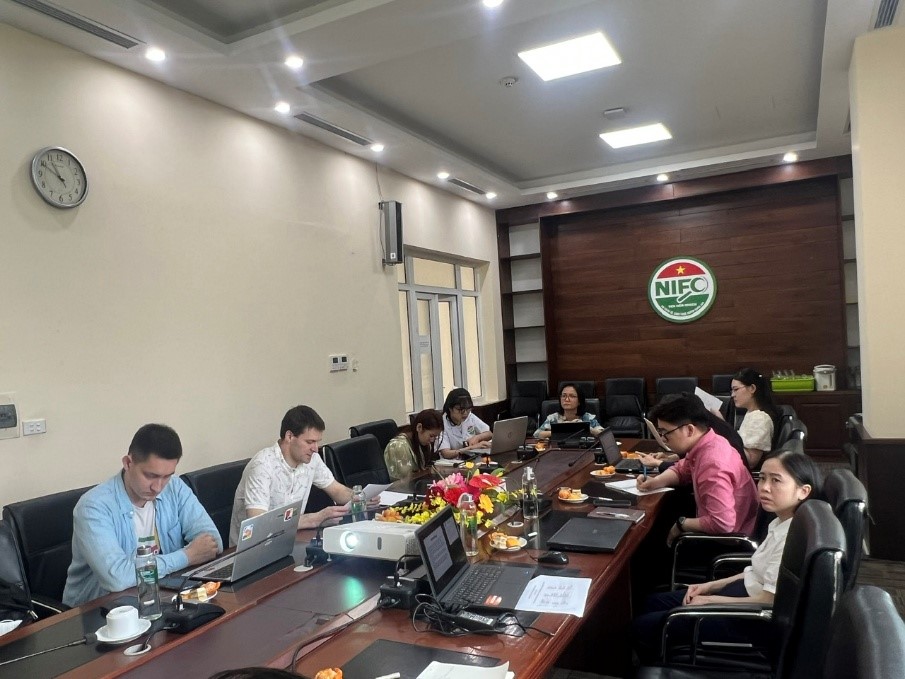

VFSA staff participate in a class on the application of algorithms in health risk assessment conducted by experts of the FBSI.
True to its mission, VFSA has actively engaged in intensive food testing operations during critical outbreaks of substandard food products, demonstrating its operational readiness and commitment to safeguarding public health

VFSA staff participated in the task of testing samples before waves of substandard food
More importantly, as part of its core mission in food safety risk assessment, VFSA has initiated two pioneering studies on Salmonella contamination in chicken and histamine poisoning, which have yielded preliminary data on chicken meat consumption patterns and fish consumption habits in Vietnam.
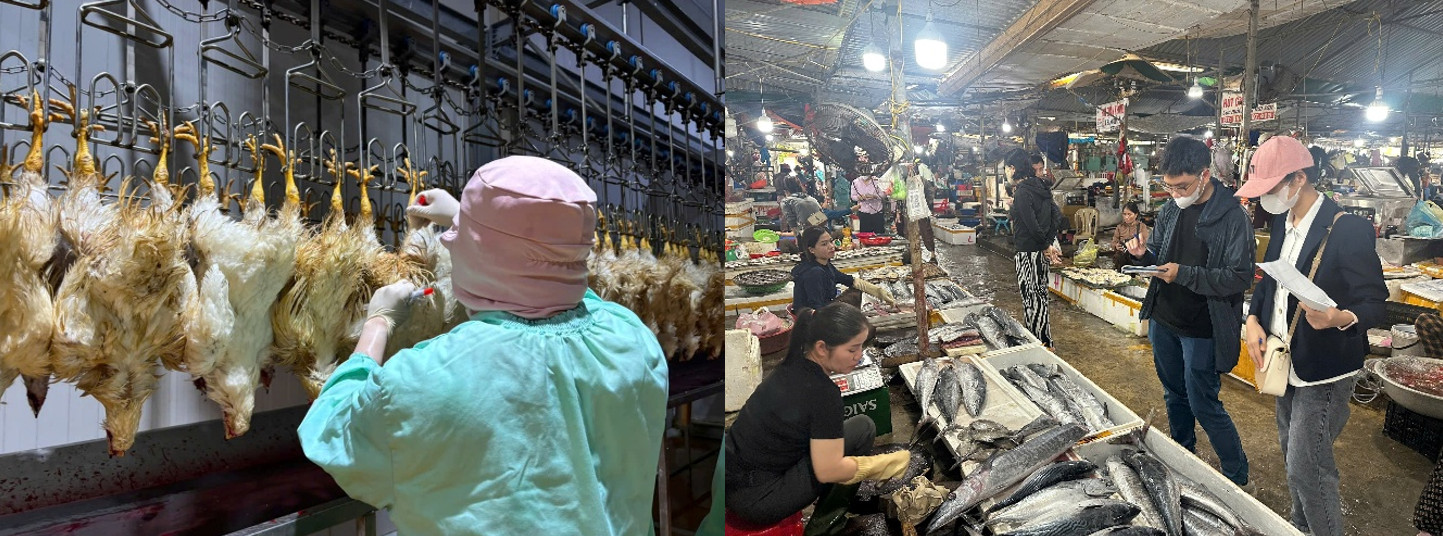
VFSA staff conducted a risk assessment study on chicken and fish in Hanoi and Nghe An.
Though newly established with a relatively inexperienced staff, VFSA has demonstrated remarkable enthusiasm, dedication, and eagerness to learn. With the strong support from the NIFC, VFSA is steadily progressing toward professionalizing its operations, firmly grounding its risk assessment methodologies in scientific principles to deliver high-quality food safety information.


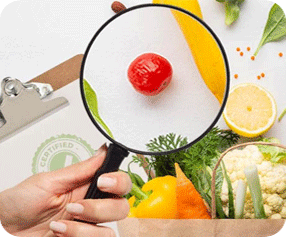

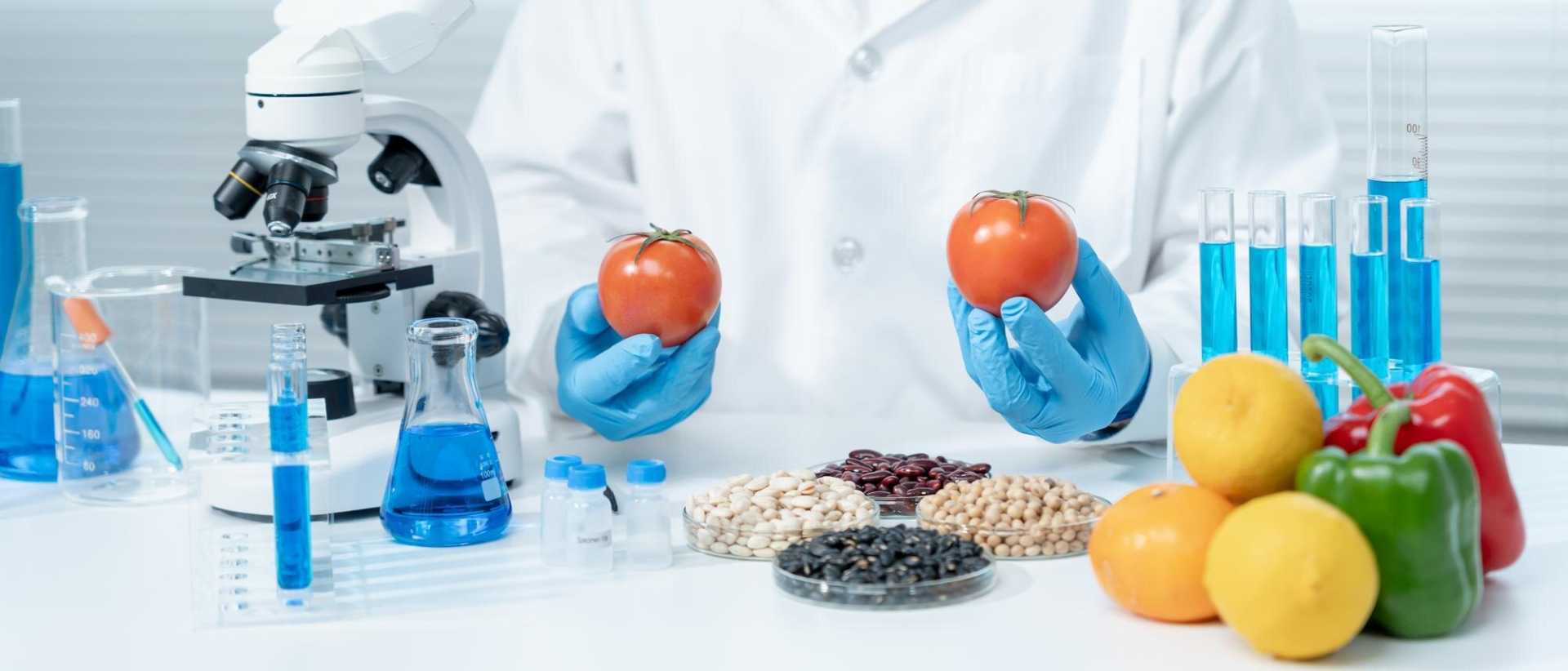
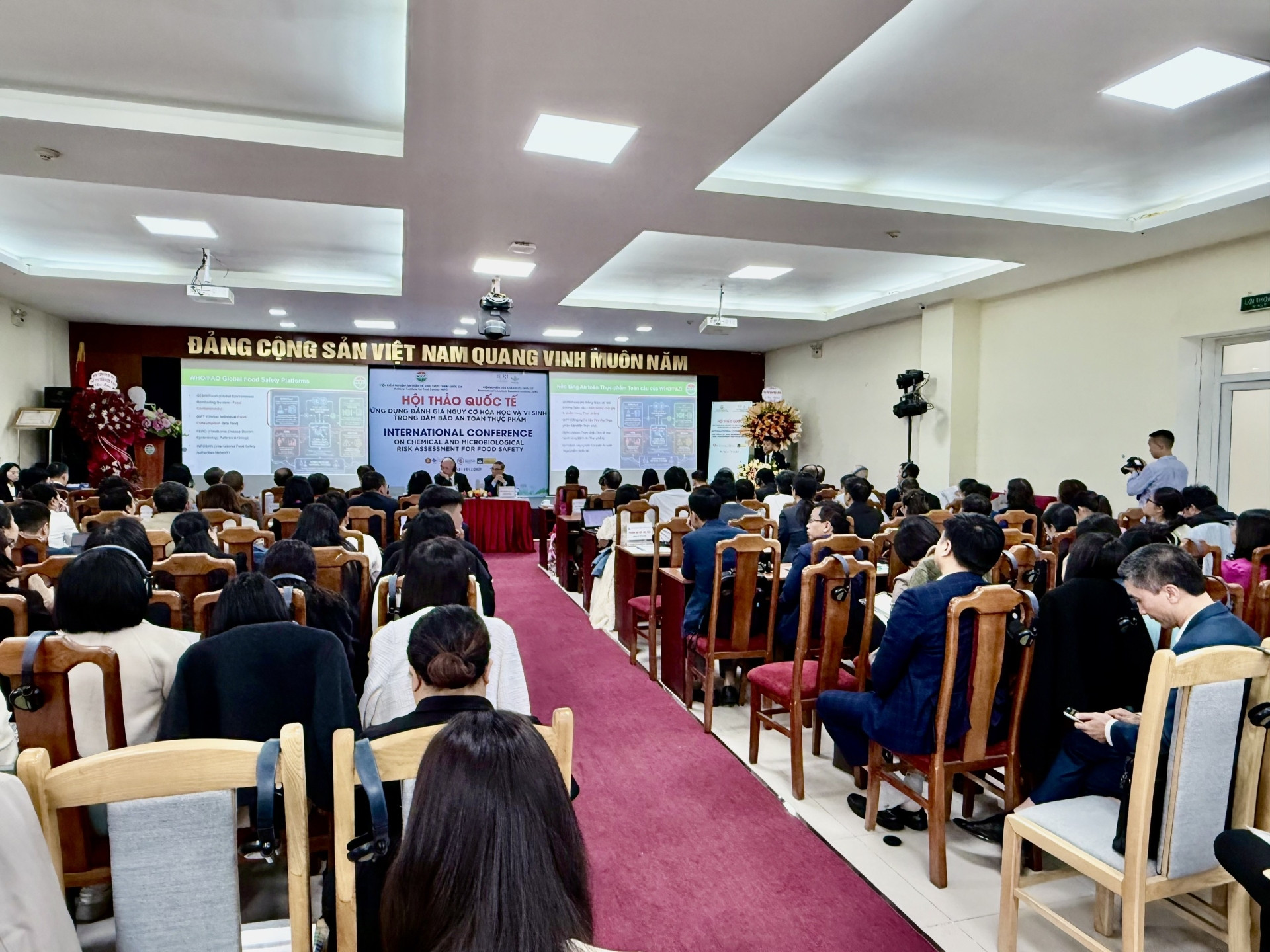
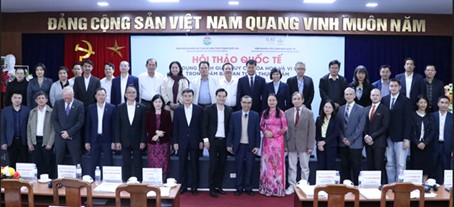
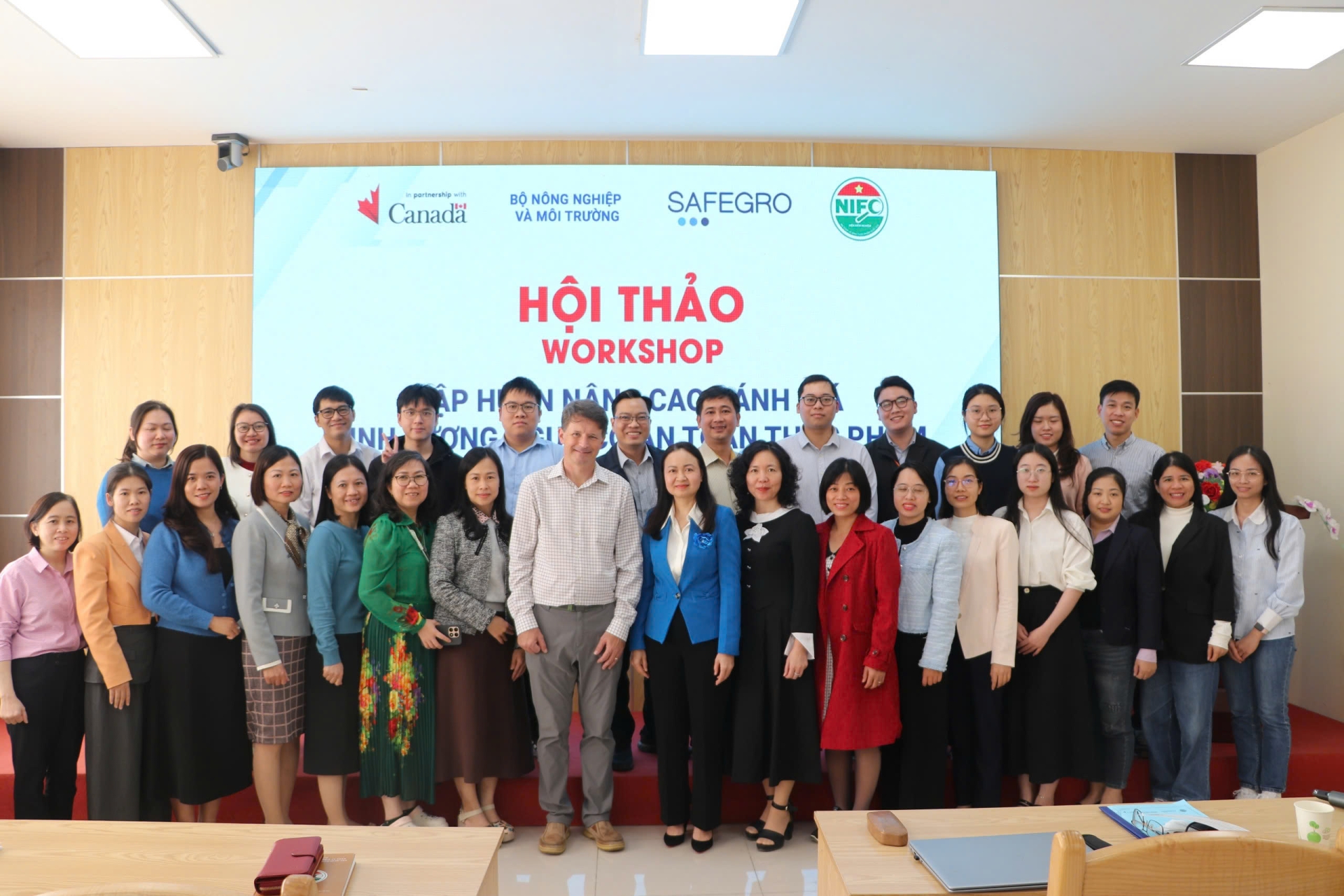


.png)